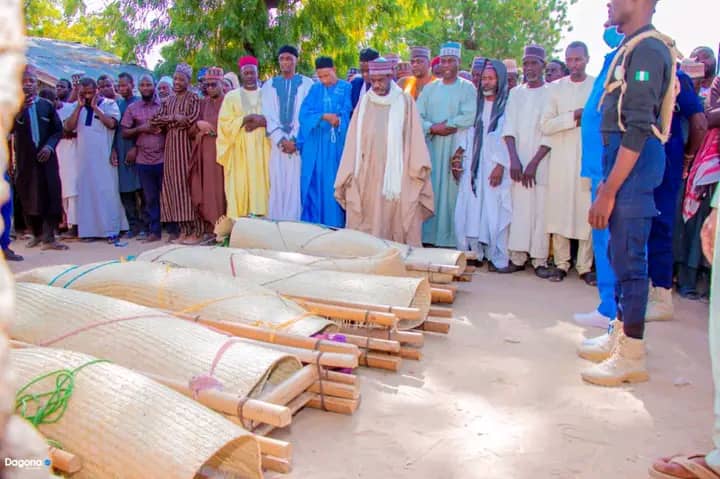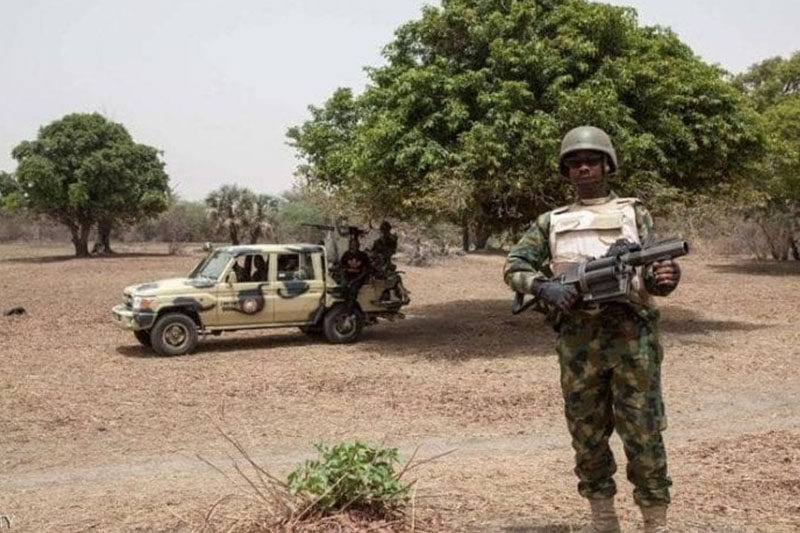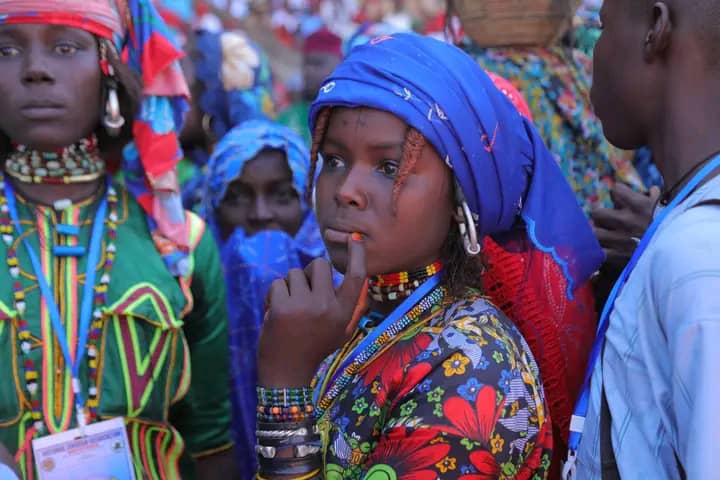At least 11 people have died from cholera in the Bama Local Government Area of Borno State.
Isa Kawu, a clinician from the primary healthcare management information system, said the cholera outbreak was discovered on Saturday, September 17, when a woman with cholera died from the disease. The cholera spread through the Government Senior Science Bama Camp and later to the host community, killing at least 11 people, including camp residents; there were 115 confirmed cases.
Kawu said: “The woman who died did not know she had cholera and from being in touch with others, the disease spread through the camp and then into the surrounding host community. The number of the dead keeps changing because people are dying every day, even today.
“There has been flooding in the area and toilets in the camp overflowed. We are sure that’s how the disease has spread so quickly. We think people drank contaminated water or came into contact with contaminated food.”
FHi360, the United Nations Children’s Fund, INTERSOS and the Mercy Corps non-governmental organisations (NGOs) had stepped in to help by providing care to the affected, medicines, sanitisers and soaps and ensuring residents from inside the camp and in the community were made aware of the disease, its symptoms and how to stop it from spreading.
Kawu mentioned several challenges that he believed government authorities should address.
“In this clinic, we don’t have enough proper health facilities; there are no drugs and medicines and we lack clean and safe water. Often when patients come to the clinic for help, we have no medicines to give them. They return to their homes and die there.
“Overpopulation is also a major issue. The community is crowded, especially the IDP camps, not just this one but in others where there are also so many people. The congestion is terrible. They do not have enough sanitation facilities, with too few toilets for all the residents. It is almost impossible for them to practise good hygiene and some of the inhabitants still defecate in the open. They live in very close quarters and have no space.
“Even though the NGOs have stepped in and are providing medicine for them, the government also needs to do more,” he said.
Muhammad Sanda, a resident, told RNI reporter Aisha Jamal that the disease broke out originally in the IDP camp and it later spread to the host community.
He knew of at least 11 people from the camp and the community who had died and said there were 115 others who had been admitted to the clinic and were receiving treatment.
“With help from the NGOs, the number of cases appears to be subsiding. We’ve had worse outbreaks here before when more people died. A cholera outbreak has also hit Banki. We heard that at least 15 people died from the disease there.”
He blamed the outbreak on the poor, mostly non-existent, maintenance of the IDP camps’ environments. He said it was the same in all the IDP camps across the local government area.
“Most of the cases always start in IDP camps, which are so congested and have few sanitation facilities. It is very difficult for residents to keep everything hygienic under those conditions. And overcrowding just makes it easier for the disease to spread.
“We are grateful that the NGOs are here, helping us out. And they are also making the public aware of preventive measures to stop the outbreak of cholera. We just hope that they have caught it in time and that not too many more people will get ill. It will be an even bigger problem if people in other IDP camps become infected.”
The World Health Organisation (WHO) said cholera was spread by eating food or drinking water contaminated by the faeces of an infected person. It occurred mostly in underdeveloped countries that lacked clean water supplies and sewage disposal.
Although the cholera bacteria might not cause illness in all people who are exposed to them, they still pass the bacteria in their stools, which can contaminate food and water supplies, the main source of infection.
Cholera can cause severe acute watery diarrhoea. It takes between 12 hours and five days for a person to show symptoms after ingesting contaminated food or water. It affects both children and adults and can kill within hours if untreated. The infection is often mild or without symptoms, but it can be severe and life-threatening.
Cholera transmission was intricately linked to inadequate access to clean water and sanitation facilities. Typical at-risk areas included peri-urban slums and camps for internally displaced persons or refugees, where even the minimum requirements of clean water and sanitation were not met.
The consequences of a humanitarian crisis – such as disruption of water and sanitation systems, or the displacement of populations to inadequate and overcrowded camps – increased the risk of cholera transmission, should the bacteria be present or introduced.
AISHA SD JAMAL








